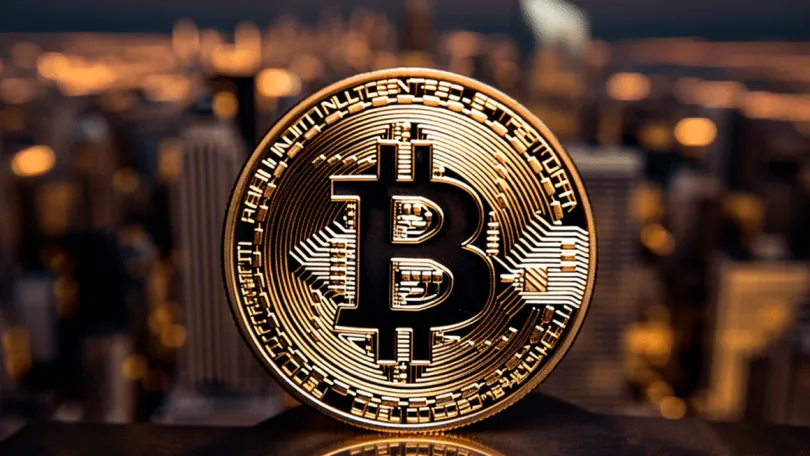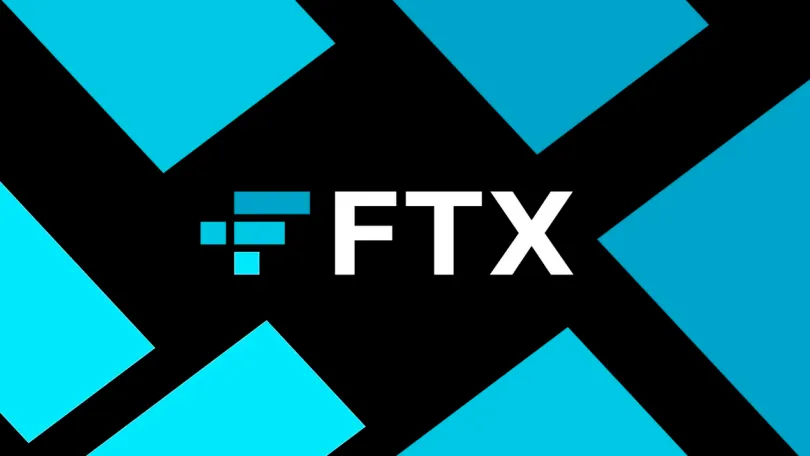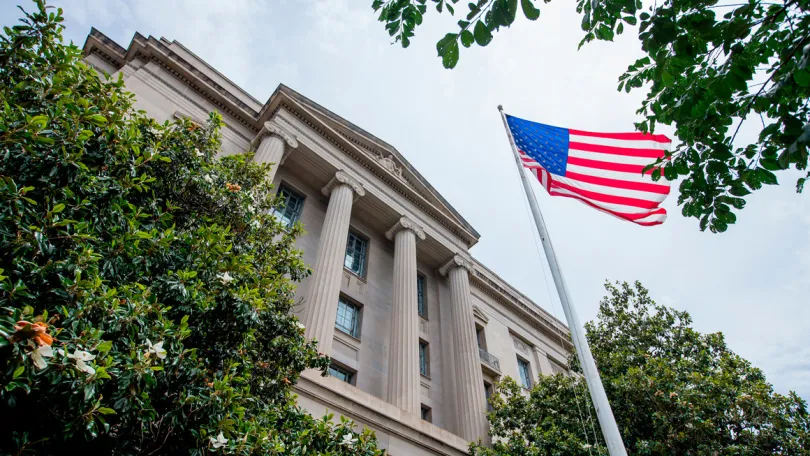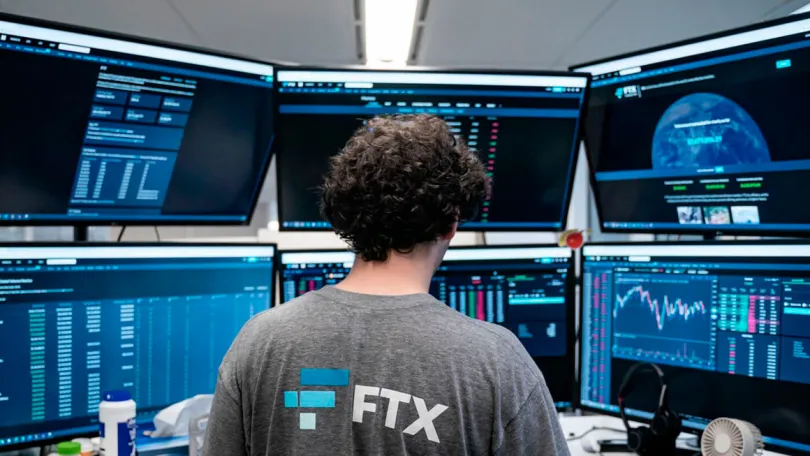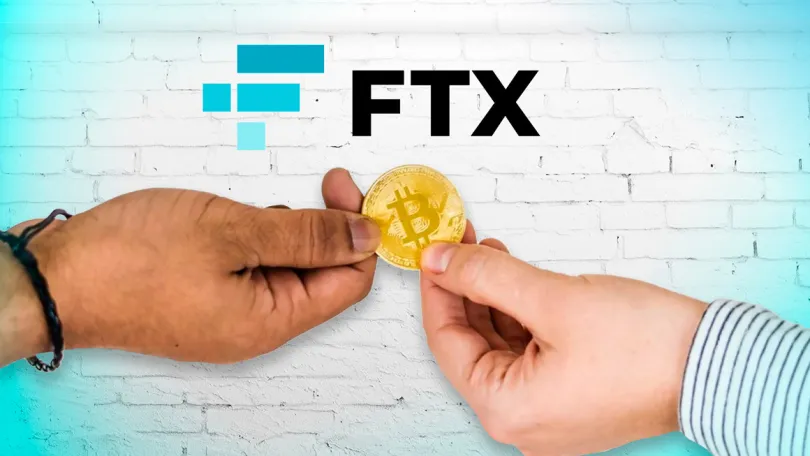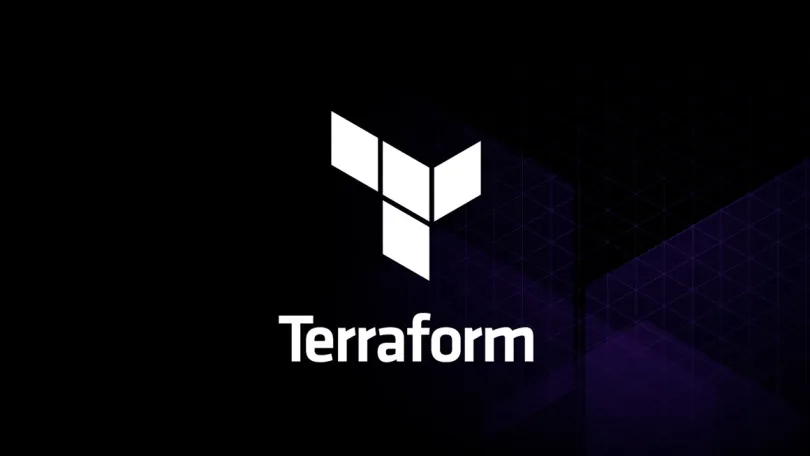Bankruptcy, a term often associated with financial distress, has made its way into the cryptocurrency and blockchain realm, impacting both investors and businesses alike. Understanding how bankruptcy functions in this innovative space is essential for anyone involved in or considering investing in cryptocurrencies such as Bitcoin or Ethereum. The decentralized nature of blockchain technology offers new potential, while also presenting unique challenges related to bankruptcy.
In the traditional financial world, bankruptcy serves as a legal process that allows individuals or companies unable to meet their financial obligations to either eliminate or repay their debts under the protection of the law. Similarly, in the crypto universe, bankruptcy procedures are evolving to address the needs of those who have made significant investments in digital assets or have focused their business models around cryptocurrencies.
For individuals, declaring bankruptcy in the crypto context can be particularly complex. Investors who have experienced drastic price drops in their holdings may find themselves facing severe financial instability. In many cases, they are left wondering how best to approach their situation while navigating fluctuating market conditions. Depending on their jurisdiction, they may have the option to restructure their debts through bankruptcy courts or engage in informal settlement negotiations with creditors.
For businesses, the landscape may be even more intricate. Companies involved in blockchain development or crypto trading platforms might experience insolvency due to market volatility, regulatory pressures, or operational mismanagement. When a company declares bankruptcy, it is often tasked with selling off its assets, which can include cryptocurrencies, to pay creditors. In the blockchain community, this could lead to the liquidation of significant amounts of tokens, potentially causing further market fluctuations.
Moreover, the interplay between bankruptcy laws and digital assets raises important questions about ownership and liabilities. In some cases, the distinction between personal and business assets can blur, complicating the bankruptcy process for entrepreneurs. The legal landscape surrounding these issues is still developing, bringing attention to the necessity of tailored legal frameworks for cryptocurrencies.
To stay updated on the rapidly evolving discussions and developments regarding bankruptcy in the cryptocurrency landscape, visit our site where you can find the latest news and insights on this critical topic. Whether you’re an investor, a business owner, or just curious about the future of digital assets, it’s important to keep informed as the implications of bankruptcy continue to unfold within this dynamic industry.
Bankruptcy news
Trending news
- Artificial Intelligence (AI)
- Altcoins
- Bitcoin
- DeFi
- Ethereum
- Economy
- Market and Events
- Metaverse
- Mining
- NFT
- Regulation
- Web3
- show less














